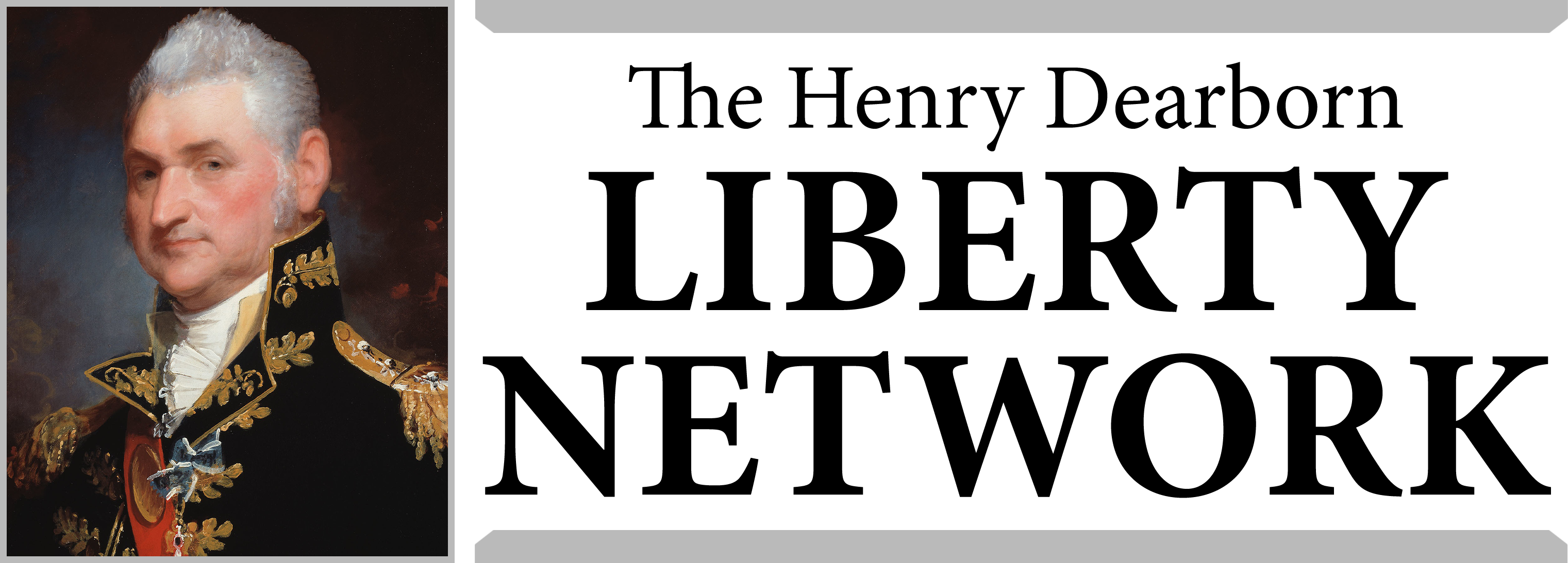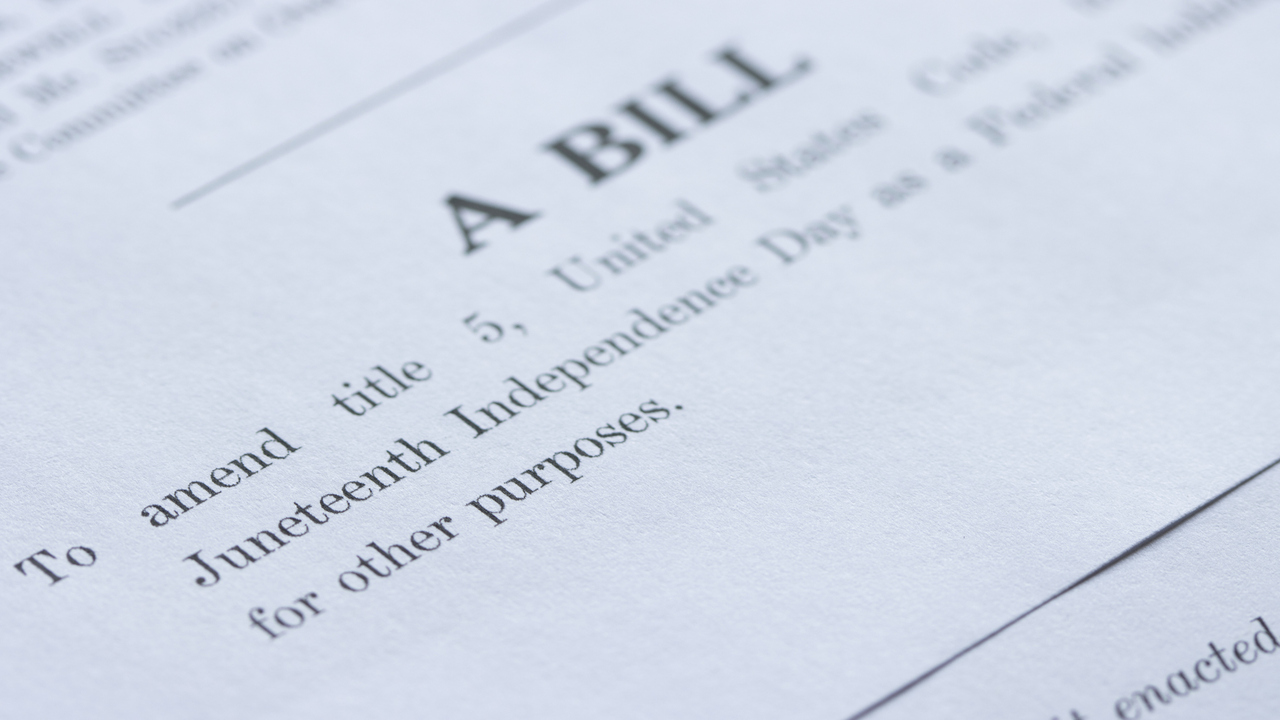Click here to read the full policy brief.
Public health emergency declarations and the policies that flow from them are fresh in the minds of the American public, with the actions taken by federal, state, and local governments during the COVID-19 pandemic continuing to be fiercely debated. Substantial questions remain concerning the source and accuracy of public health information used to justify the response to the pandemic, and over the costs and benefits of the policies imposed by government at all levels.
Despite these concerns, the Uniform Law Commission has introduced a model bill— the Public-Health Emergency Authority Act (PHEAA) —and recommended its enactment by every state legislature in the United States. This model act would give a governor and state health officials sweeping authority during a declared public health emergency with minimal, if any, input by the legislature.
ULC Background
The Uniform Law Commission (ULC)—also known as the National Conference of Commissioners on Uniform State Laws—was created more than 130 years ago with the purpose of researching, drafting, and promoting the enactment of uniform state laws where uniformity is “desirable and practical.” The organization is comprised of lawyers, judges, legislators, legislative staff, and law professors who have been appointed by state governments, as well as the District of Columbia, Puerto Rico, and the U.S. Virgin Islands. According to the ULC’s website, it “provides states with non-partisan, well-conceived and well-drafted legislations that brings clarity and stability to critical areas of state statutory law.”
In July 2021, the ULC formed a drafting committee on public health emergency authority. It subsequently presented the PHEAA at the ULC’s annual meeting in July 2023, during which the ULC ultimately approved the PHEAA for distribution to state legislatures. The PHEAA seeks to expand upon the Model State Emergency Health Powers Act, which was funded by the federal government and developed by the Centers for Disease Control and Prevention, Georgetown University, and Johns Hopkins University in the wake of the September 11, 2001 terrorist attacks.
However, as the prefatory note of the PHEAA drafting committee explains, “the 2001 Model Law addressed primarily executive-branch authority to quarantine and isolate individuals during an emergency, and it did not address adequately or at all many of the actions that became necessary during the COVID-19 pandemic.” To correct this perceived deficiency, the goal of the PHEAA “is to empower a Governor to act quickly and decisively while also clarifying substantive and procedural limitations to a Governor’s authority.”
The language within this model legislation pays little consideration to the fact that unilateral executive authority during the COVID-19 pandemic was often wielded based upon deeply flawed information and questionable sources. The true targets of the PHEAA are the handful of state legislatures that pushed back against the “consensus” and challenged gubernatorial authority throughout the pandemic. True to its name, the ULC seeks uniformity: the inherent uniformity of executive authority without legislative interference.
Don Grande is an attorney in private practice focusing in the areas of business law, trust and estate law, real property, mineral law, and qualified retirement plan (ERISA) law. Don has also acted as local counsel in Pro-Life litigation in North Dakota. Prior to opening his law firm, Don worked for 20 years in banking and trust sector. Don is active in public policy, primarily at the state level, on issues related to law, individual rights, and small business. Don has been married to Bette for 43 years and they have 3 children and 4 grandchildren.



